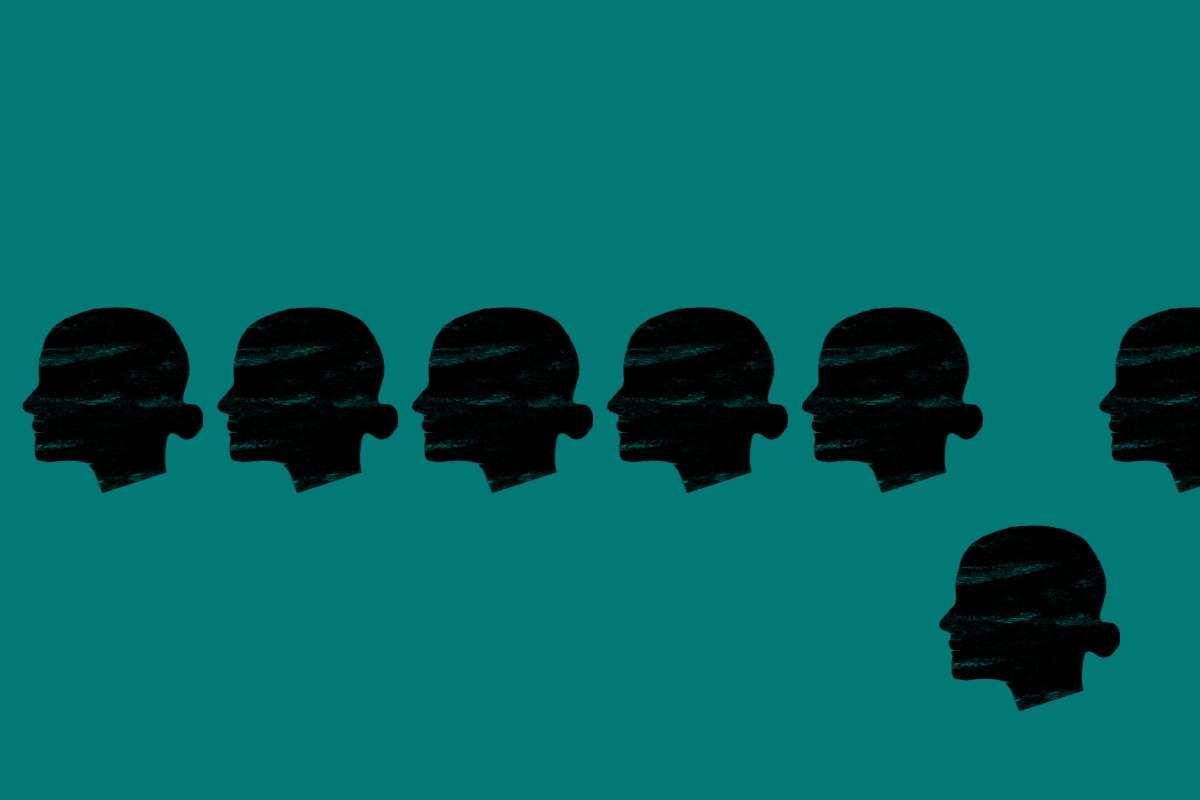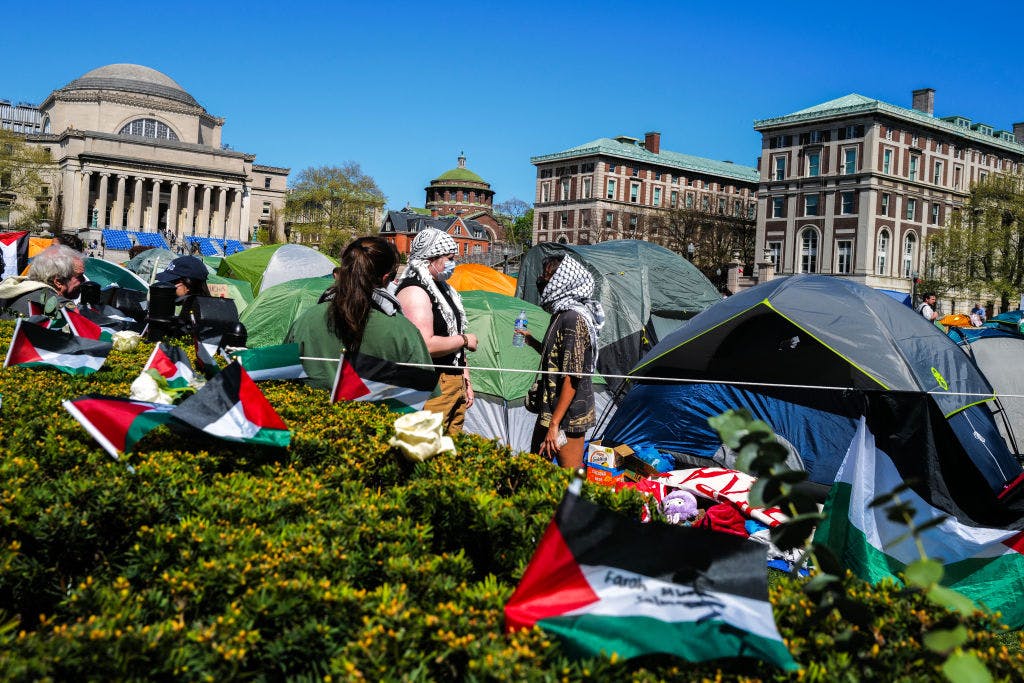Published: 1 October 2019
Last updated: 5 April 2024
“I AM FOR HOMES” is one of the many powerful statements of inclination contained in Sydney writer Miriam Hechtman’s recent poem I Am For. The pluralisation is important, lifting the affirmation beyond the personal, to a wider quest for the universal urge for belonging.
Jewish relationships to the idea of home are, of course, particularly fraught. My own father, an escapee from occupied Prague in 1938, would say that he never felt at home again, at least not until he arrived in Perth as a skilled migrant in the mid-1960s. The hoarding and piling in which my Dad indulged to a fault were perhaps an effort to bulwark a renewed sense of security.
I privately wondered, but never asked him, if the stacks of old architectural journals, heaps of newspapers and boxes of empty polystyrene containers were like a physical echo of the shelves of our family’s pre-war haberdashery between which he had sometimes lurked as a child.
In contrast to private experience, the environmentalist’s conception of home is often expressed as a reference to planet Earth. We must, we say with honesty, “save the Earth” because “it is our only home”.
But the abstraction of a whole planet washes superficially over the fabric of the day-to-day. Home at human scale rests on familiarity comprised of a set of physical and emotional feelings that, with luck, are signs of the cozy satisfaction of material and non-material needs.
The last time I walked through my childhood home, I ran my palms along the surfaces of the door frames, wanting to absorb the texture of dark jarrah of the entry to the place where I grew up. Some part of me will always be there, walking out through that doorway, down some brown concrete steps to a grey sloped path that leads to a small clearing under two old plum trees, where in the lightest of rain I once buried a small Alsatian, Sonsie, whom I loved. The intimate nature of home is embodied in such memories.
Global warming is an existential threat to the stability of our shared home, the biosphere of the Earth, but it is the quotidian manifestation of the climate emergency that is now rupturing individual lives. Already there are more people displaced than at any time since World War II; the multiple crises that have sent this mass of humanity fleeing in search for sanctuary are often linked to global heating. But as the climate emergency deepens, cause and effect are becoming more immediate and obvious.
Global warming is an existential threat to the biosphere of the Earth, but it is the quotidian manifestation of the climate emergency that is now rupturing individual lives.
Dwellings are being physically destroyed by heat, storms, floods and fires, but so, too, is that harder-to-define sense of home now being lost or harmed. As the weather changes, patterns of social life are being lost or obscured, and the meaning of habits, rituals and sensory stimuli associated with our feelings of belonging are under siege.
The dissolution is there in our planter boxes, gardens, neighbourhoods and towns: in the lake that no longer freezes; in a certain smell of April that can now only be recalled as a thing past; in flowers blooming at the wrong time; in the distress caused by environmental change for rhythms of the world that no longer pertain, of things too elusive for precise definition, but known in their absence.
The forces driving this radical disruption of our homes are not mysterious. Above all, it is the fossil fuel industry that has made the greatest contribution to global warming. This has been known for many years, and the clean energy alternatives are now cheaper and abundantly available.
Vested interests maintain the power of the fossil fuel sector. Led by a prime minister who carried a lump of varnished coal into federal parliament, there is in Australia an army of politicians, lobbyists, lawyers, industry bodies, accountants and corporate decision-makers who are enabling this assault on our homes.
Let us grieve for what is lost, face the uncertainties of these new times, and together pledge our determined commitment for homes of the future, magnificent and flourishing once again.
As the former president of Ireland and chair of the Global Elders, Mary Robinson, said recently, “[w]e have entered a new reality where fossil fuel companies have lost their legitimacy and social licence to operate” and so we must “be fiercely determined to challenge vested interests, especially in the fossil fuel sector.”
There are direct ways to act against fossil fuel interests. Getting involved with one of the many groups campaigning for transformation to clean energy is one way of standing up for your home. Another is to take a stand within your business or workplace.
The mantra of don’t buy, don’t supply, say why is one way of ensuring that your institution is not complicit in the destruction of our homes being driven by the fossil fuel industry. The principle is that not only should organisations only buy clean power, but they should also refuse to sell goods or services to fossil fuel corporations and publicly say why.
Loss of place is irrecoverable, but it is equally true that new homes can be created with time and application. A shared support “for homes” in an age of climate emergency implies both a sensitivity to the threatened feeling of belonging, but also an abiding faith in our resourcefulness, resilience and capacity for care, which can be realised under the concept of “Australia remade”.
New edifices can be built on the actual or remembered foundations of the old. What is wise and decent may be carried through the storm. Let us grieve for what is lost, face the uncertainties of these new times, and together pledge our determined commitment for homes of the future, magnificent and flourishing once again.




